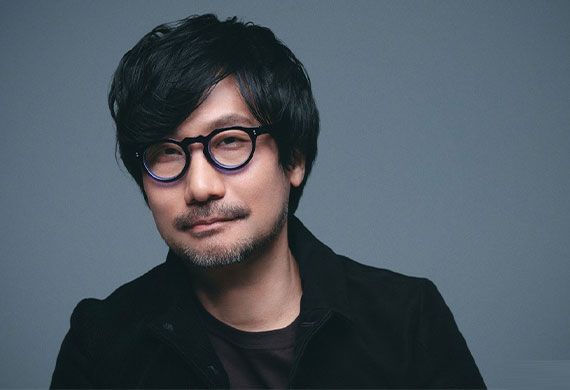Hideo Kojima
By Hideo Kojima , Game Designer & Director

Hideo Kojima is a visionary game designer, director, and writer, best known for the Metal Gear series and Death Stranding. Having had a prolific career stretching over three decades, Kojima has earned a reputation as gaming's most famous auteur—a creator with a distinct vision and narrative style who constantly explores the possibilities of what video games can be.
Kojima's career began at Konami in the mid-1980s, where he first grabbed people's attention with Metal Gear (1987) on the MSX2. Metal Gear was among the first video games to prioritize stealth over direct combat, offering a game mechanic that was genuinely revolutionary and culminated in a genre. However, it was Kojima's Metal Gear Solid (1998) on the Play Station that cemented him as a radical storyteller. Metal Gear Solid delivered tactical espionage and shared the stage with compelling cinematic cut scenes, well-developed voice acting, and engaging themes about war, politics, identity, and technology, which were mostly unheard of in video games up to that point.
While Kojima is an aficionado of breaking the fourth wall and rightly loves to utilize puzzles or plot lines regularly thought of as "complex" or "philosophical" means, the narratives in Kojima's games somehow always have restated a certain depth. Whether its characters who read your memory card (Psycho Mantis) to play physically with you or long, entirely silent sections as you trudge across post-apocalyptic landscapes in Death Stranding, Kojima is always playing against your expectations as a player.
Hideo Kojima's leave from Konami in 2015 gave life to Kojima Productions and then, 4 years later, Death Stranding was born. It featured actors like Norman Reedus and Mads Mikkelsen, The game was an exploration of human connection through the themes of isolationism and rebuilding society, all part of a bold experiment that ultimately collapsed the distance between movies and video games.
Kojima has a strong affectation for film and regularly references directors like Stanley Kubrick, Alfred Hitchcock, and Ridley Scott. His games demonstrate these influences by being lengthy and narrative in nature with use of real actors, and cinematography. However, the interactive aspect of games is an important differentiation that makes players think, feel, and become conscious of their own agency within this digital medium.
.jpg)